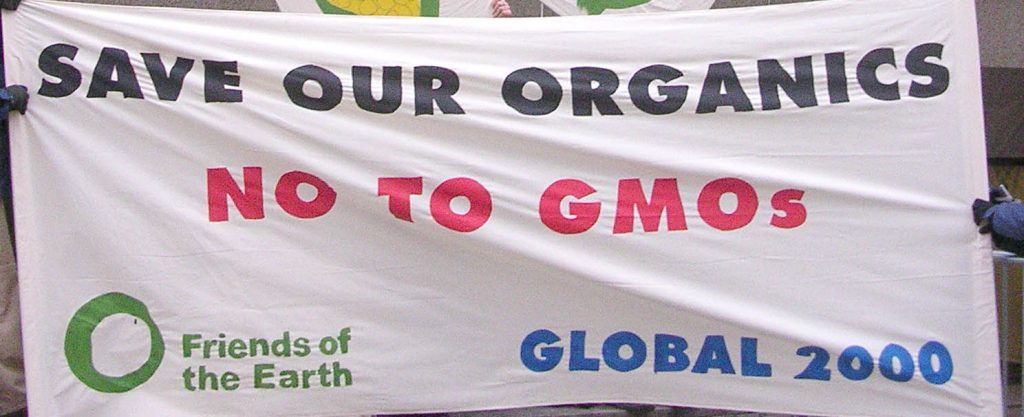Brussels, 23rd October 2006 – EU member states must adopt tougher measures to control the spread of contaminated food imports, says Friends of the Earth Europe. Environment Ministers and national food safety experts are meeting separately today to discuss how to deal with the contamination of rice from both the United States and China with illegal genetically modified (GM) experimental strains.
The national food safety experts will vote today on a new proposal for mandatory testing of all US rice imports for GM contamination. [1]
Adrian Bebb, GM Campaigner at Friends of the Earth Europe said, “Mandatory testing of all rice imports from the United States for illegal genetically modified material is absolutely vital since there have now been around eighty cases of contamination across Europe in the past six weeks.”
Friends of the Earth Europe has published information online about all the reported rice contamination cases over the last two months.
The environmental campaign group has warned that contamination is likely not only in American rice imports, but in imports from all countries that conduct outdoor experimental GM trials. Indeed, foods imported from China have also been found to be contaminated with an illegal GM rice strain. Friends of the Earth and Greenpeace first raised the alert about contaminated Chinese rice products over six weeks ago [2], but the Commission has so far refused to introduce measures to restrict their import. The food products have now been found in four countries.
Friends of the Earth Europe has called for the proposed testing of rice imports to be extended to all foods imported from countries that test genetically modified crops outdoors.
“We urgently need compulsory testing of all foods imported from countries that experiment with genetically modified crops outdoors. This includes imports from China. Chinese rice has already been shown to be contaminated, although the European Commission has so far failed to take action and seems to prioritise its trading relationship with China over protecting consumers,” Mr Bebb added.
In addition to the meeting of national experts, Environment Ministers from across the EU will be discussing the rice contamination at their Council meeting in Luxembourg today. Friends of the Earth Europe has written to all member states calling for the introduction of a “detection register” of all GM crops tested outdoors. Currently, biotech companies are not obligated to publicise information about the crops that they are testing. Friends of the Earth Europe believes that if a company wants to test GM crops outdoors then it must first provide a validated test for that specific crop. This would enable food authorities and food companies to test normal food supplies for contamination originating from test sites.
“It is clear that you cannot grow genetically modified crops outdoors without the risk of contaminating the whole food chain. Ideally, outdoor growing should be banned. Failing that, biotech companies must be forced to disclose details about their experiments so that we can track contamination of foods and take preventative action to protect public health,” Mr Bebb said.
***
Notes to Editors:
[1] The US revealed on 18th August that the US food chain has been contaminated with an illegal and untested genetically modified (GM) strain called LL601. The EU introduced an Emergency Procedure on 23rd August that required imports from the US to be certified free of LL601 rice. The European Food Safety Authority has also declared that there is insufficient data on LL601 to be able to guarantee its safety. However, discrepancies between US testing standards and the EU’s stricter requirements has led to a stand-off between the two trading blocks with all imports of US rice halted. The European Commission gave the US a 15 day deadline to agree to the EU’s testing protocols which ran out on Thursday (19th October), before introducing new measures that require mandatory testing to EU standards at all ports.European Commission press release from Thursday 19th October
[2] FoEE press release following Chinese rice contamination






